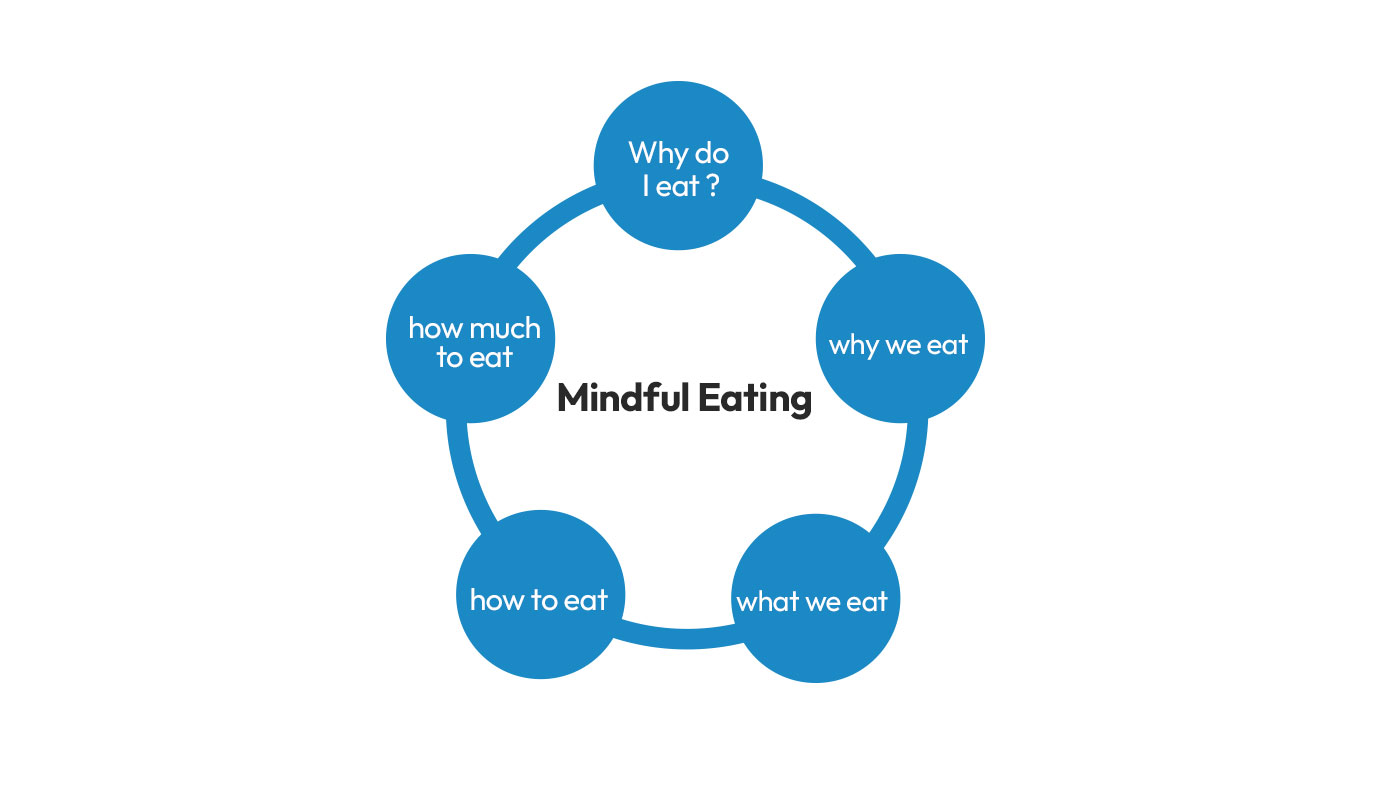
Optimizing Your Digestive System During Ramadan: Tips & Tricks for a Healthy Fast
Table of Contents Healthy Fasting, Happy Digestion! Explore Tips for a Smooth Ramadan. As the holy month approaches, fasting holds significant spiritual and cultural importance





